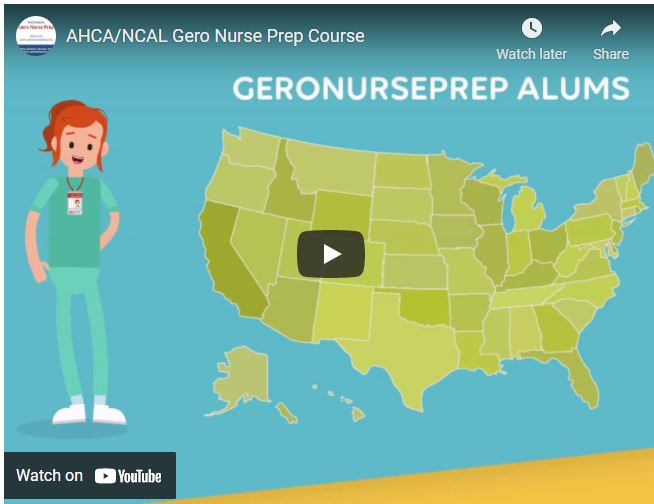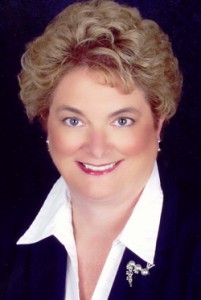Gero Nurse Prep is an online training course designed to prepare RNs who care for elders to attain board certification in Gerontological Nursing by the American Nurses Credentialing Center (ANCC). This course equips RNs with a broad array of clinical knowledge, skills and competencies that are tested on the ANCC certification exam and essential for quality gerontological nursing practice and leadership of elder care teams.
To find out more:
Watch this short video https://www.youtube.com/watch?v=BvKXcs-NO2o
Visit our website at https://www.geronurseprep.com/
Contact us at concne@unmc.edu for additional information or to answer any questions you might have.









